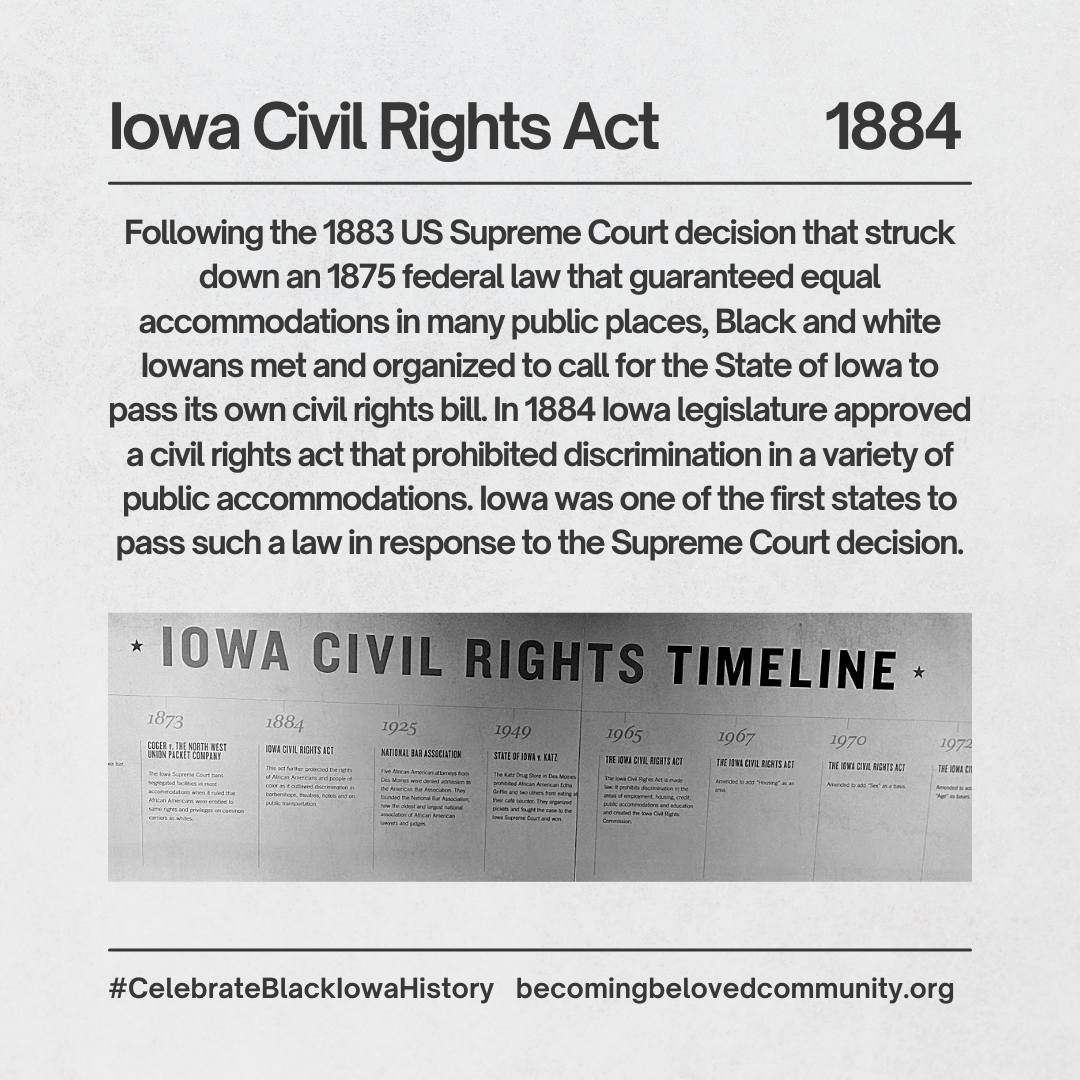Carver was born in Missouri. When Carver was a baby, he, his mother and his sister were kidnapped from the Carver farm by a band of slave raiders and sold in Kentucky. Moses Carver hired a neighbor to retrieve them, but the neighbor only succeeded in finding George. Moses and his wife raised George on their farm in Missouri where he became known as “the plant doctor” to local farmers because of his ability to discern how to improve the health of their gardens, fields and orchards.
He left the farm at age 11 and attended schools around the midwest, putting himself through school and surviving off of the domestic skills he learned from women and families that took him in.
In the late 1880s, Carver befriended a white couple in Winterset, Iowa, who encouraged him to pursue a higher education. He enrolled in Simpson College, a Methodist school that admitted all qualified applicants and initially studied art and piano in hopes of earning a teaching degree. After learning of his interests in plants and flowers, one of his professors encouraged Carver to apply to the Iowa State Agricultural School (now Iowa State University) to study botany.
In 1894, Carver became the first African American to earn a Bachelor of Science degree. Impressed by Carver’s research on the fungal infections of soybean plants, his professors asked him to stay on for graduate studies. In 1896, Carver earned his Master of Agriculture degree and immediately received several offers, the most attractive of which came from Booker T. Washington (whose last name George would later add to his own) of Tuskegee Institute (now Tuskegee University) in Alabama.
Learn more: https://www.history.com/topics/black-history/george-washington-carver
#CelebrateBlackIowaHistory



























